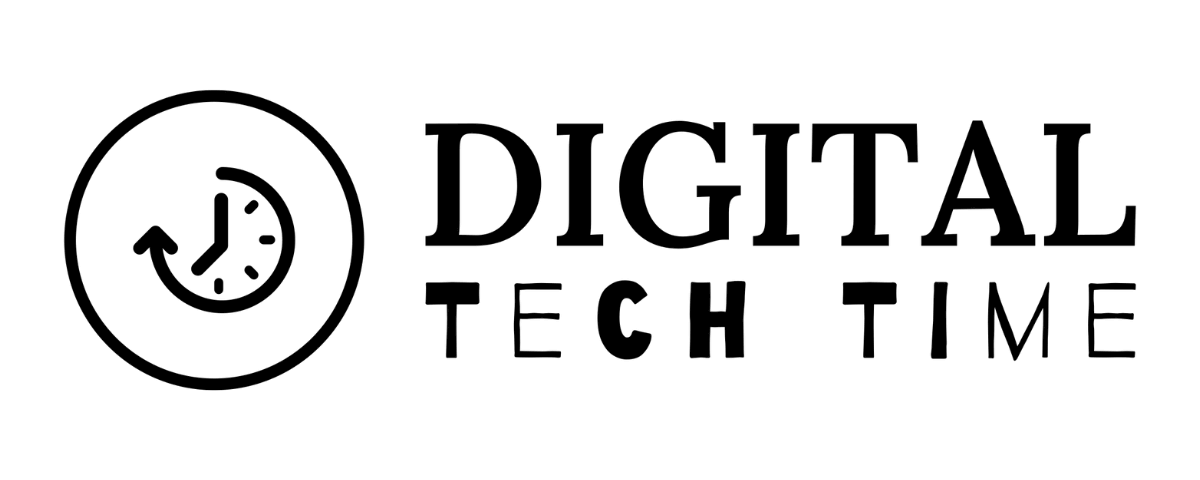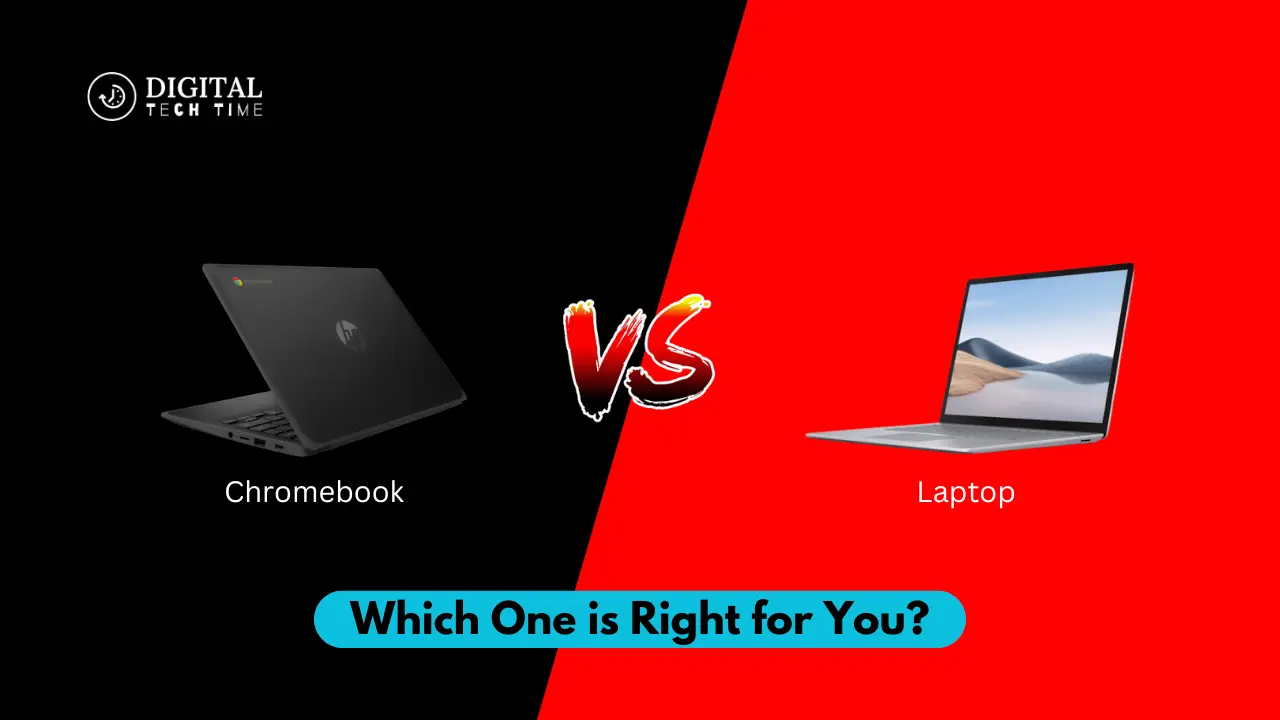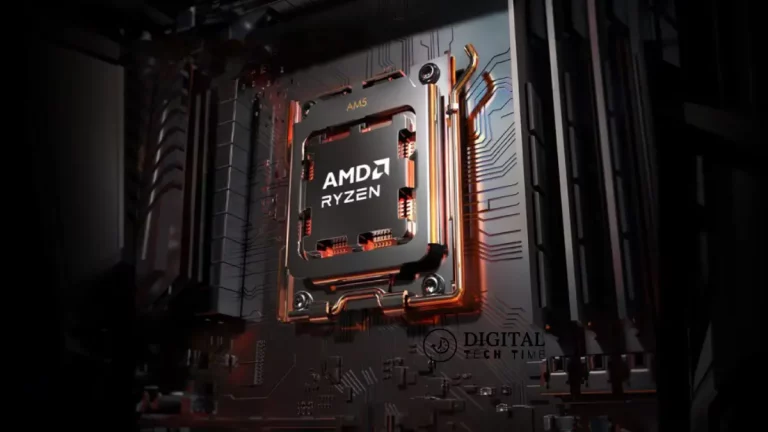Chromebook vs Laptop – Which One is Right for You?
The debate between Chromebooks and traditional laptops has increasingly become relevant in the ever-evolving world of technology. Being a prolific writer, I have had the privilege of knowing intricately about both these devices. This detailed article compares and gives insight to help you decide.
While laptops have traditionally been used by anyone who prefers a full and varied computer experience, Chromebooks have lately been the most exciting alternative to laptops. They offer unique mixes of portability, affordability, and ease of functionality. In this article, we’ll compare these two devices more closely in terms of performance, operating system, price tag, design, and compatibility, which will guide you in finding the one that best suits your needs.
Table of Contents
Key Differences between Chromebook and Laptop
The principal difference between Chromebooks and laptops is operating systems and general philosophies toward computing. Chromebooks run on Google’s Chrome OS, a lightweight, web-centric operating system. In contrast, laptops run Microsoft’s Windows or Apple’s macOS operating systems.
This core difference in operating systems further sets the tone for user experience, software and application environment, and each machine’s potential capability. Let me give it a further rundown:
Performance Comparison between Chromebook and Laptop
Comparisons of performance between Chromebooks and laptops can be complicated because it depends on what hardware configuration is being compared and what exactly someone plans to use it for.
Chromebooks:
- These usually come with lower-end processors, such as Intel Celeron, Pentium chips, or ARM-based processors.
- It might not always be as powerful a solution as given from a higher-end notebook. Still, it often compensates for more significant energy efficiency by offering a lengthier battery life.
- Chromebooks are designed to be lightweight and responsive, focusing on web-based task performances and cloud-centric computing.
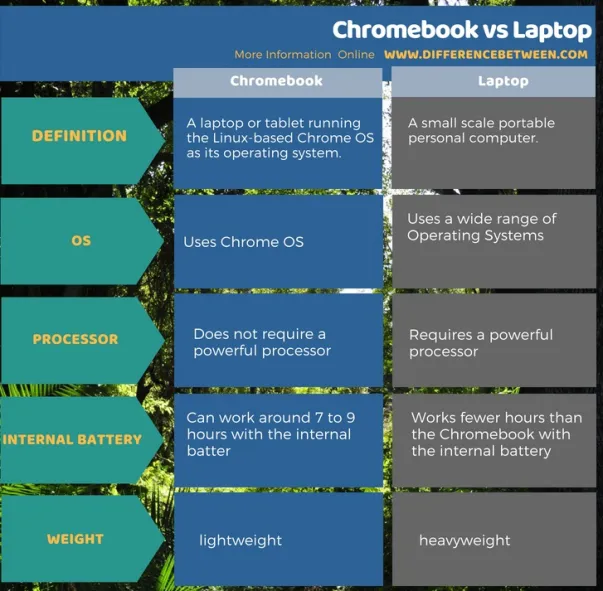
Laptops:
- Laptops also offer a more comprehensive range of performance options, from budget-friendly units to high-performance gaming rigs.
- They could also have more powerful processors like Intel Core i5, i7, i9, or AMD Ryzen CPUs. This allows for heavier tasks such as video editing, 3D rendering, or multitasking.
- Laptops can also be upgraded with better RAM and storage, furthering the unit’s performance.
Ultimately, it will boil down to your personal needs and which device best suits the tasks you plan on undertaking with it. Suppose your work involves web applications, document editing, and light productivity. A Chromebook should serve your needs quite well and at an economical price. However, a laptop would be more suitable if your job requires better hardware, such as video editing, programming, or gaming.
Operating Systems: Chromebook vs Laptop
The operating system is a crucial factor in the Chromebook vs. Laptop debate, as it directly impacts the user experience, software compatibility, and overall functionality.
Chrome OS:
- Chrome OS is a lightweight and web-centric operating system developed by Google that powers Chromebooks.
- It was designed for an internet-enabled world: it focuses on web applications, cloud storage, support, and integration with Google’s productivity suite of tools seamlessly.
- Chrome OS offers users an intuitive interface, which sets it up as viable for those who enjoy a more minimalistic, non-distracting computing environment.
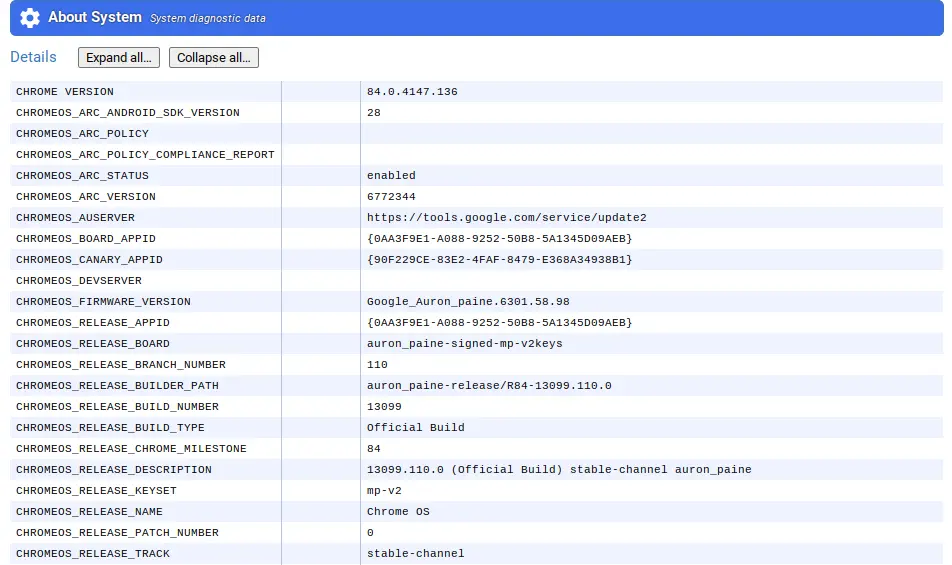
Windows:
- Windows is, in fact, the dominant laptop OS, and it, therefore, provides a more traditional and flexible computing experience.
- It houses many desktop applications, from productivity suites through creative tools to specialized software.
- Windows provides users with a more robust and adaptable interface to manipulate and personalize it.
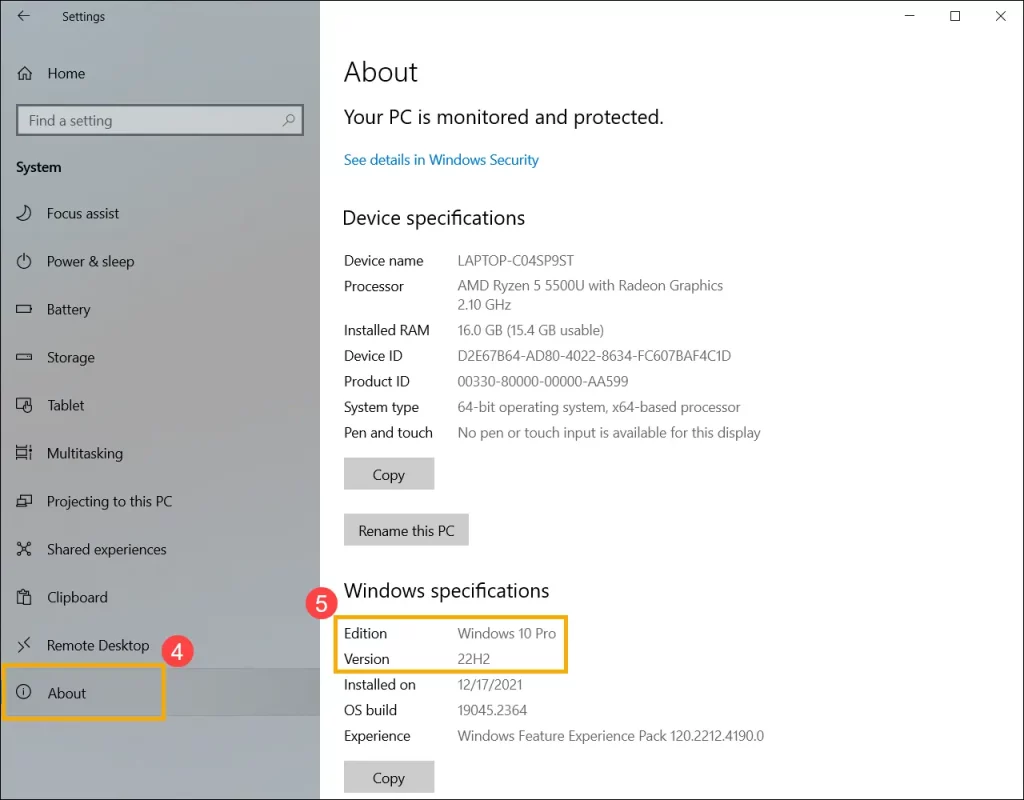
Choosing between Chrome OS or Windows will ultimately depend on a person’s needs and preferences. A Chromebook using Chrome OS will do the trick for a genuinely web-based experience, with no need for anything too complicated. Otherwise, if one wants access to a more diverse pool of desktop software, the best choice would be a Windows-based laptop.
Price Comparison: Chromebook vs Laptop
One of the critical advantages of Chromebooks is their generally lower price point compared to traditional laptops.
Chromebooks:
- These are usually cheaper, starting from basic ones between 200-300 dollars.
- This makes Chromebooks a beautiful deal for economically conservative buyers, students, or people who do not need the full functionality of a regular laptop.
Laptops:
- The price range differs more widely, with laptops ranging from very budget-friendly to high-end, premium devices. Starting at about $400, prices for the same brand, specifications, and target market go up to $2,000. Some standard features accompanying a laptop include more powerful hardware, a broader range of ports, various choices for connectivity, and robust software capability.
Speaking from a price point of view, one must consider looking into specific needs and determining minimum requirements when doing computations. In scenarios where the budget is too squeezed and the needs are web-based, this would be an excellent value proposition from Chromebooks. However, where it will involve many advanced features or specialized software that you will eventually need, a laptop may be a better investment area, though at a higher price.
Design and Portability: Chromebook vs Laptop
Both Chromebooks and laptops have their unique design attributes and portability considerations.
Chromebooks:
- Generally, Chromebooks are light and small so they can be easily carried anywhere.
- Most Chromebooks are under 3 pounds and can easily be carried from place to place.
- Almost all Chromebooks have a plain structure, while their designs are minimalistic.
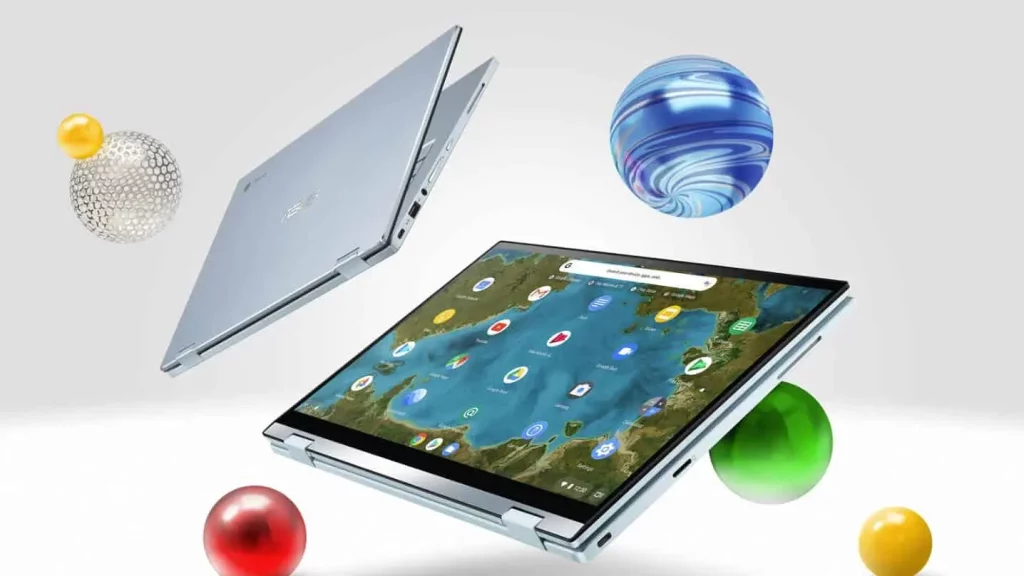
Laptops:
- Laptops come as both ultraportable 13-inch models and as large as 15-inch models—or even 17-inch models.
- The design and construction of laptops have also broadened to an extreme degree: Some are designed with sleek lines and premium materials, while functionality more than form serves the purpose in others.
- This means they can also be heavier than Chromebooks, with weights ranging from 3 pounds or upwards, depending on size and specifications.
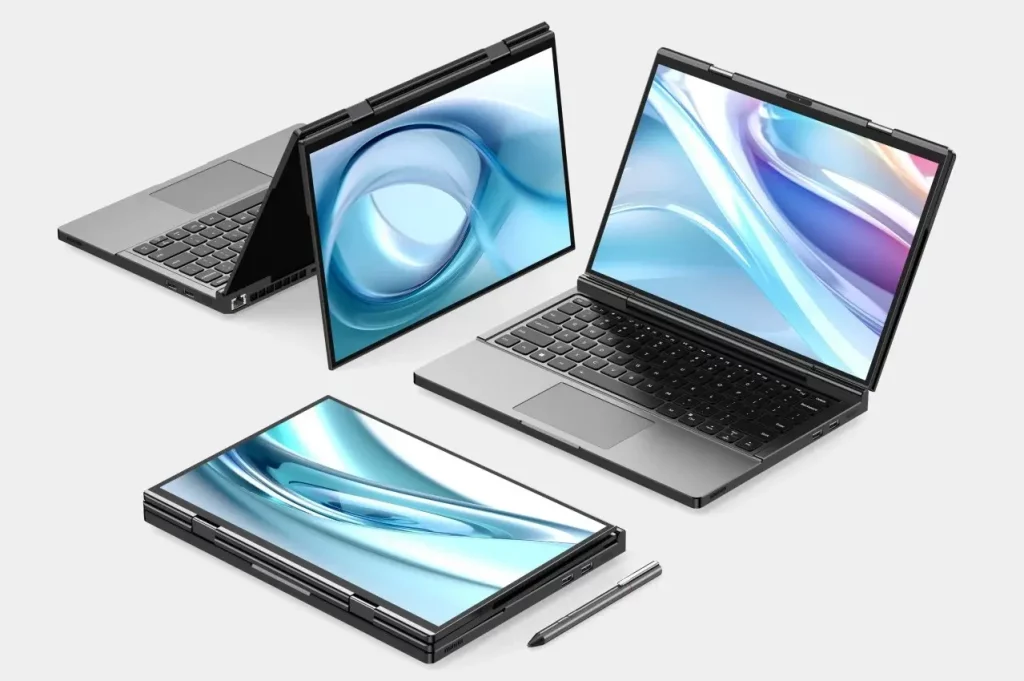
Other features where Chromebooks and laptops may differ are design and portability. If, in that regard, you value having a mobile and lightweight Chromebook, then it might be the best choice for you. A laptop would better fit your needs if you want a larger screen, more powerful hardware, or a versatile design.
Software and App Compatibility: Chromebook vs Laptop
The availability and compatibility of software and apps are crucial when comparing Chromebooks and laptops.
Chromebooks:
- They feature primarily web-based applications and cloud-centric computing.
- These devices have the Google Play Store and Chrome Web Store pre-installed, hosting several web-based apps and extensions.
- Chromebooks can also run a limited number of Android apps compared to a full desktop software suite available for laptops.
Laptops:
- There is an additional set of desktop applications for Windows or macOS-based laptops, including productivity suites, creative tools, and specialized software.
- Each operating system can boast of a far more extensive software ecosystem that better serves many users and their professional needs.
- Laptops also allow the seamless use of typical desktop applications, which may not be available or will have reduced functionality on Chromebooks.
Whether to go for a Chromebook or a laptop depends on what applications one needs to use in terms of software and app compatibility. A Chromebook will be fine if you do most of the work on the web with productivity tools and cloud-based services. However, your job requires access to a broader range of desktop software or special applications. In that case, a laptop may be the best choice.
Storage and Memory: Chromebook vs Laptop
The storage and memory capabilities of Chromebooks and laptops can also be a significant factor in decision-making.
Chromebooks:
- They generally have low storage capacity, ranging from 16-GB to 64-GB storage.
- Cloud storage-based Chromebooks provide smooth integration with Google Drive and all its services.
- Chromebooks generally come with smaller RAM than other laptops, starting from 2 GB to 8 GB RAM.
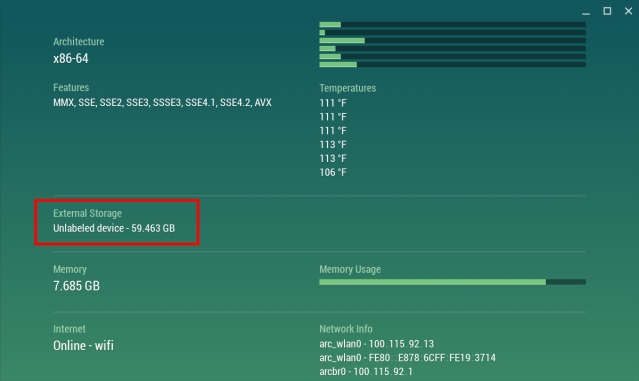
Laptops:
- Laptops also have a much more comprehensive range of storage, from small-sized SSDs to large HDDs or a combination of both.
- Some other ranges are between 128GB and 1TB or more. This ensures sizeable local file storage and installation capability for desktop applications.
- Generally, laptops in the market come with huge capacities, anywhere between 4GB to 32GB or even more, depending on the model and market targeted.
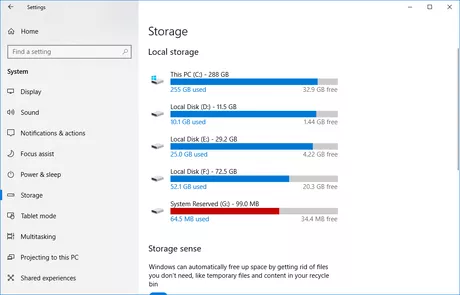
This means that your needs and pattern of use come into play when choosing between a Chromebook and a laptop in terms of storage and memory. You might not be so concerned about the limited local storage if your work primarily happens in web-based applications and you are a heavy cloud storage user. In this case, on the other hand, a laptop will prove more suitable for those users who need to store large files on their devices or resort to resource-heavy applications.
Battery Life: Chromebook vs Laptop
Battery life is essential when comparing Chromebooks and laptops, as it can significantly impact the overall user experience and portability.
Chromebooks:
- Generally speaking, Chromebooks have impressive battery life: upwards of 8 to 12 continuous hours on a single charge.
- That extended life can be partly attributed to the energy efficiency in Chrome OS and partly to the lower-powered hardware found in these computers.
Laptops:
- A laptop’s battery life will vary greatly depending on what model it is, that model’s hardware configuration, and what it is used for.
- Some high-end models have excellent battery lives, but the average regime is 4-8 hours, with a single charge for most.
- The battery life of a laptop depends a lot on-screen brightness, processor performance, and the number of applications running.
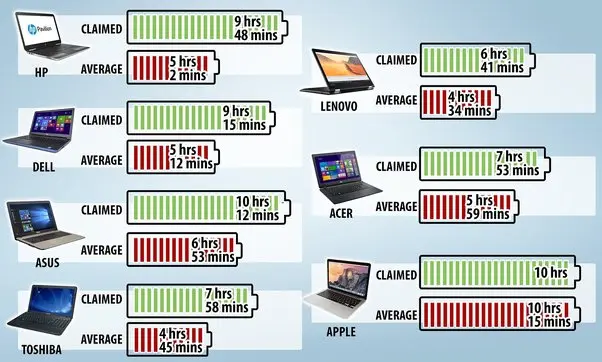
Regarding batteries, Chromebooks are usually one step ahead of traditional laptops. However, consider a Chromebook if more extended battery life and the ability to work without frequent recharging are significant. But if you are okay with frequent recharging and need something more powerful, hardware-wise, there is still room for a laptop.
Pros and Cons of Chromebook and Laptop
To help you make an informed decision, let’s summarize the key pros and cons of Chromebooks and laptops:
Chromebook Pros:
- Affordable price point
- Lightweight and portable design
- Excellent battery life
- Streamlined and user-friendly interface
- Seamless integration with Google’s suite of productivity tools
- Emphasis on web-based applications and cloud storage
Chromebook Cons:
- Limited local storage and memory
- Restricted software and app compatibility compared to laptops
- Dependence on an Internet connection for full functionality
- Fewer options for customization and personalization
Laptop Pros:
- A more comprehensive range of hardware configurations and performance options
- Access to a vast ecosystem of desktop applications and specialized software
- Ability to install traditional programs and perform more intensive tasks
- Customizable and personalized user experience
- Suitable for both web-based and offline activities
Laptop Cons:
- Generally, a higher price point
- Heavier and less portable compared to Chromebooks
- Shorter battery life, depending on the model and usage
- More complex setup and maintenance requirements
Which One is Right for You?
Which is better for you, a Chromebook or a laptop depends on your needs, use, and preferences.
A Chromebook is right if web-based activities like surfing the internet, writing in a word processor, and using cloud-based productivity applications summarize most of your computing requirements. Chromebooks introduce simplicity, ease of use, excellent battery life, and a lower price than other options, which will go well for students, casual users, and the budget-conscious.
But a laptop might be better for you if you need more powerful hardware, the ability to access a wide array of desktop applications, or the power to perform more hardware-intensive tasks like video editing, programming, or gaming. This offers more flexible and customized computing, a broader software ecosystem, and flexibility for heavier tasks.
Decisions between a Chromebook and a laptop should be based on considering needs, priorities, and the exact features one intends to use. By weighing up the pros and cons of every device, one can make a fairly reasonable decision based on specific needs and preferences regarding computation.
Also Read: How to Add or Remove Google Chrome extension
Frequently Asked Questions
Q: Can Chromebooks run the same software as laptops?
A: No. Due to the different operating systems, there is an incompatibility between the Chromebooks and laptops regarding running software. While Chromebooks will be running web-based applications and Android apps, laptops will also be able to run a broader range of desktop software, including productivity suites, creative tools, and specialized programs.
Q: Is working or going to school only using a Chromebook possible?
A: It all depends on what you might need and what is expected of you in a work or school environment. It’s excellent for web-based activities, editing documents, or doing cloud-based collaborative work. On the other hand, a laptop would be suitable for advanced software or more resource tasks dealing with the hassle of processing resources.
Q: How long does it take Chromebooks to stay up and running?
A: Chromebooks are primarily known for their durable and long-lasting dependability. With proper care and maintenance, depending on the model and patterns of use, many Chromebooks can survive upwards of 3 to 5 years or even more. Thus, lightweight design and energy-efficient hardware add to the longevity of Chromebooks.
Q: Can I install Windows on a Chromebook?
A: No, you can’t directly install Windows on your Chromebook. Chromebooks are intentionally made to run Chrome OS 99, which doesn’t support Windows natively. However, some advanced users may use third-party utilities or otherwise run some dual-boot or virtualized instance of Windows on their Chromebooks. Usually, it’s complicated, and manufacturer support is nonexistent.
Suppose you’re still unsure which device fits your needs best. In that case, I recommend exploring our comprehensive [Chromebook vs. Laptop Comparison Guide] to dive deeper into the key differences and find the perfect solution for you. Our expert recommendations and in-depth analysis will help you make an informed decision.
Conclusion
The answer in this fight between Chromebooks and laptops is more than one-size-fits-all. It would remain a matter of your computing needs, budget, and personal preference. That being said, your informed decision can be made by understanding the critical differences in performance, operating systems, pricing, design, software compatibility, and battery life.
Whether for a student, professional, or casual user, careful consideration of the pros and cons of each device will ensure that you end up with the best fit for your journey in computing. After all, it’s not about the device but about finding a good balance between functionality, portability, and economy in enhancing productivity and experience overall.
